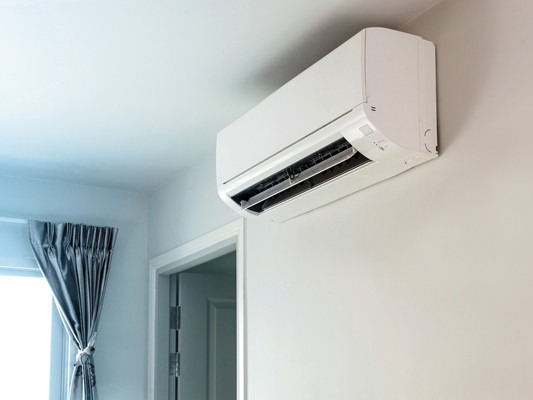9 Side Effects of Air Conditioning on Our Health

Air conditioning has become a ubiquitous feature of modern life, providing relief from the sweltering heat during hot summer months. While air conditioning offers comfort and convenience, it also comes with a range of health implications that may not be immediately apparent. In this blog, we’ll explore nine side effects of air conditioning on our health and well-being.
1. Dry Skin
Air conditioning removes moisture from the air, leading to dryness of the skin. Prolonged exposure to dry indoor air can cause skin irritation, itching, and flakiness, especially for individuals with sensitive skin.
2. Dehydration
Air conditioning can dehydrate the body by reducing humidity levels and increasing the rate of moisture evaporation from the skin and respiratory system. Dehydration can lead to symptoms such as headaches, fatigue, and dizziness.
3. Respiratory Issues
Air conditioning can exacerbate respiratory conditions such as asthma and allergies by circulating dust, pollen, and other airborne particles. Additionally, dry air from air conditioning systems can irritate the respiratory tract and cause coughing, congestion, and throat discomfort.
4. Eye Irritation
Dry indoor air produced by air conditioning can lead to eye irritation, redness, and discomfort. Prolonged exposure to dry air can also exacerbate symptoms of dry eye syndrome, causing blurred vision and eye fatigue.
5. Muscle Stiffness
Spending extended periods in air-conditioned environments can cause muscle stiffness and tension, especially in individuals who are prone to musculoskeletal issues. Cold air can constrict blood vessels and reduce blood flow to muscles, leading to discomfort and stiffness.
6. Immune Suppression
Air conditioning can weaken the immune system by drying out mucous membranes in the nose and throat, making it easier for viruses and bacteria to enter the body. This can increase the risk of respiratory infections and other illnesses, particularly during flu season.
7. Fatigue
Prolonged exposure to air conditioning can lead to feelings of fatigue and lethargy. Cold temperatures can disrupt the body’s natural circadian rhythm and interfere with sleep patterns, leading to poor quality sleep and daytime drowsiness.
8. Increased Risk of Hypothermia
Spending too much time in air-conditioned environments, particularly when transitioning between indoor and outdoor temperatures, can increase the risk of hypothermia, especially for vulnerable populations such as the elderly and young children.
9. Environmental Impact
Air conditioning contributes to environmental pollution and climate change by consuming large amounts of energy and emitting greenhouse gases. The use of fossil fuels to power air conditioning systems contributes to carbon emissions, exacerbating global warming and environmental degradation.
Conclusion
While air conditioning provides relief from heat and humidity, it also poses various health risks that should not be overlooked. By being aware of the potential side effects of air conditioning and taking steps to mitigate them, such as maintaining optimal indoor humidity levels, staying hydrated, and taking regular breaks from air-conditioned environments, we can minimize the impact on our health and well-being while enjoying the comforts of modern technology.
Picture Courtesy: Google/images are subject to copyright







